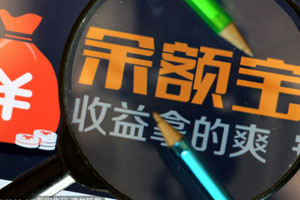JD.com's IPO filing did not reveal how many American depositary shares it planned to sell, the expected share price or the exchange on which the shares would trade. It said the $1.5 billion figure is a placeholder used to calculate fees and may change. The company said it would use the offering proceeds to buy more land rights, build new warehouses, expand its distribution and make acquisitions.
The filing cited last week's ruling by a Securities and Exchange Commission administrative law judge that four Chinese units of the "Big Four" auditing firms should face a six-month suspension from auditing US-traded companies as a risk factor. Saying its independent registered public accounting firm is one of the four firms subject to the suspension, JD.com's filing said the company could be "adversely affected by the outcome of the proceedings, along with other US-listed companies audited by these accounting firms".
The firms receiving the bans have said they will appeal the decision. In his judgment, Administrative Law Judge Cameron Elliot said the firms broke US law when they refused to turn over certain client documents for inspection to aid in SEC investigations of possible fraud. The Chinese firms insisted their hands were tied by Chinese law which treats the audit documents as "state secrets".
China's securities subsequently accused the SEC of ignoring China's efforts and progress made on cross-border rules cooperation. Deloitte Touche Tohmatsu CPA Ltd, PricewaterhouseCoopers Zhong Tian CPAs Ltd, Ernst & Young Hua Ming LLP and KPMG Huazhen have 21 days to file a petition for review with the SEC before the Jan 22 ruling would become final.
The ruling interrupted what appeared to be a rally in Chinese IPOs in the US after the accounting scandals dried up offerings from that group. 2013 saw eight initial public offerings, representing an increase from the three Chinese listings held in 2012.


